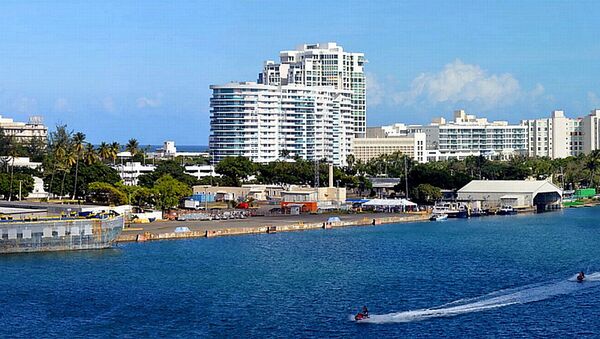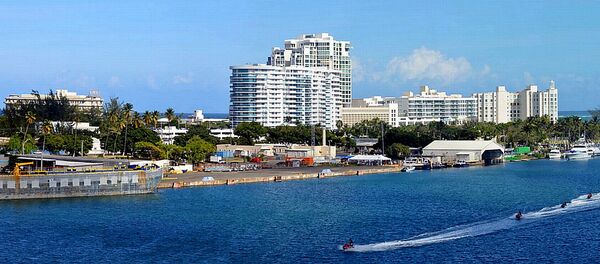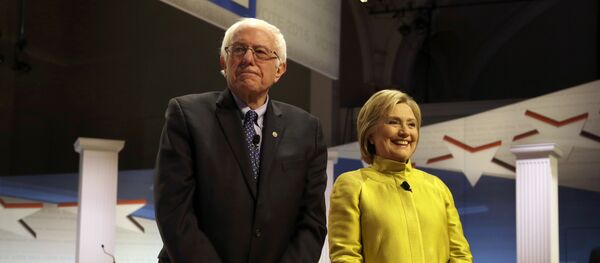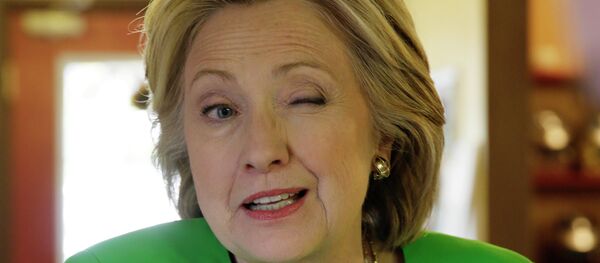WASHINGTON (Sputnik) – Earlier this week, hundreds of Puerto Ricans took to the streets of Old San Juan demanding independence from the United States. The US Commonwealth recently defaulted on $73 billion of debt and has been beset by financial problems that affect basic services as well as economic growth.
"While [Puerto Rican] independence is nice in theory… I just do not see how it is economically sustainable," KTB&S law firm founding member Kenneth Klee told Sputnik.
Klee, a former US House Judiciary Committee bankruptcy consultant, said even if you wipe out San Juan’s debt, independence is still not feasible given Puerto Rico’s inability to generate income as a separate sovereign.
US Congress, Klee argued, helped contribute to the crisis by providing Puerto Rico with tax incentives to spur economic growth only to rescind them, which led to an exodus of capital.
The United States, he added, will not support Puerto Rican independence if Washington had to assume all San Juan’s debt.
"I cannot see how that is in the economic interests of the United States," Klee noted. "I do not think there is any country on the planet that would do that."
If Puerto Rico walks away from the debt they will not get any support or resources from other nations and the world financial system.
There are certain benefits for the United States, Klee claimed, if Puerto Rico became independent, because it would eliminate a large economic drain and staunch the flow of immigration which has heavily affected the southeastern part of the country.
Besides, Klee observed, Puerto Rico is not nearly as significant to the United States and the entire world as it was one hundred or more years ago.
"This is not the late 1800s or early 1900s where the shipping lanes through the Caribbean made Puerto Rico a prized port."
Klee said he understands the frustration of the Puerto Rican independence supporters because no one likes outsiders telling them what to do.
Puerto Rico Clearinghouse Principal Cate Long told Sputnik the island would be hard-pressed to operate as an independent nation-state without US financial support.
"I'm not sure how the Puerto Rican government would replace the almost 25 percent of their GNP [Gross National Product] that federal funds provides if they separated from the United States," Long noted.
Puerto Rico, Long continued, receives more than $20 billion a year in US federal subsidies and transfer payments while residents pay zero in federal income tax, unless they earn income off island.
"Five hundred people demonstrating in Puerto Rico is nothing," she suggested. "In fact, I would say it suggests that this issue [independence] has very little popular support."
US Congress, Long explained, has complete power over the island per the US Constitution, a reality affirmed in two recent Supreme Court cases.
The US House of Representatives is currently working on the PROMESA Act, which would provide Puerto Rico with a restructuring authority to address its debt and impose an oversight board on the island to enforce reforms.




